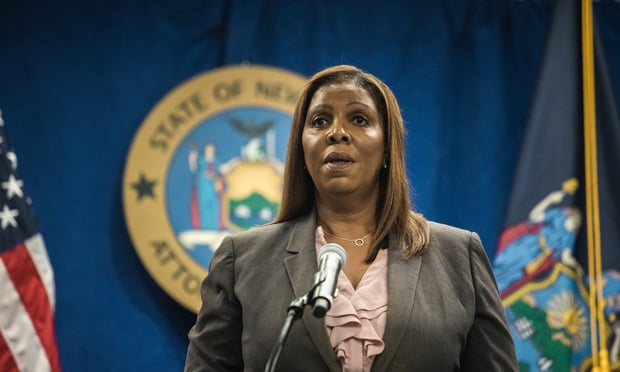(Bloomberg) -- New Jersey’s largest public pension funds are taking a new approach to getting Governor Chris Christie to make billions of dollars in skipped contributions, despite a state Supreme Court ruling saying he can’t be forced to do so.
The funds, representing teachers, the police and others, now seek legal judgments covering payments not made in the 2014, 2015 and 2016 fiscal years.
They asked a judge July 24 for permission to amend a lawsuit to seek the judgments.
On June 9, the Supreme Court ruled that Christie could skip a $1.6 billion payment due at the end of that month. Christie, a Republican running for president, said the state couldn’t afford the full $2.25 billion due under a 2011 law he signed to shore up the pension systems.
Read: Public pensions face new challenges as we live longer
“We can’t force the appropriation, but we are entitled to a judgment declaring that the money is owed,” Bennet Zurofsky, a union attorney, said in a phone interview.
Superior Court Judge Mary Jacobson ruled in February that the state’s failure to make the full payment this year is a “substantial impairment” of contractual rights of the police, firefighters, teachers and office workers who sued. She said Christie must work with lawmakers to fill the $1.57 billion gap.
Read: The 9 states with the worst pension funding records
The Supreme Court then took up the case, handing Christie a legal victory that averted an immediate cash crunch.
Lawyers for the pension funds said a decision in their favor would allow retirees to collect under the New Jersey Contractual Liability Act.
Read: Support grows for public pensions for all
“We’re simply seeking a judgment that can be collected in the same manner that any other judgment in New Jersey can be collected,” said Robert Klausner, a union attorney. “We’re monetizing the obligation of the state to make the pension systems whole for the benefits which have been earned.”
Klausner said the Supreme Court didn’t rule that the pension obligations are unconstitutional. Rather, he said, “they only declared unenforceable the timing of the payment schedule put into the statute” in 2011.
Christie spokesman Brian T. Murray said the Supreme Court ruled that lawmakers and the executive branch are responsible for the budget process, not the courts.
“The public pension and benefits system is unsustainable in its current form,” Murray said in an e-mail.
“The average public teacher contributes less than $200,000 and gets more than $2 million in pension and health care benefits, all because of New Jersey taxpayer subsidies. The math simply does not work,” he said. “It is now time to move beyond lawsuits to find a tangible, long-term solution to this problem.”
The case is Board of Trustees of Public Employees’ Retirement System of New Jersey v. State of New Jersey, MER- L-2818-14, Superior Court of New Jersey, Mercer County (Trenton).
© 2025 ALM Global, LLC, All Rights Reserved. Request academic re-use from www.copyright.com. All other uses, submit a request to [email protected]. For more information visit Asset & Logo Licensing.







